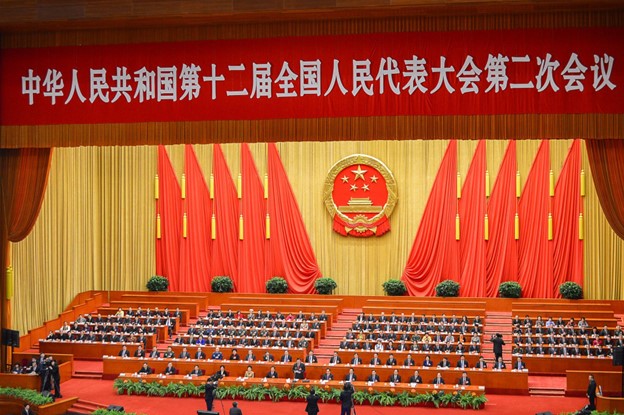The Legacy and Impact of Jiang Zemin’s Passing
Introduction
The demise of Jiang Zemin, former President of China, on November 30, 2022, has sparked a myriad of responses both within China and internationally. His leadership, which spanned a crucial decade post the 1989 Tiananmen Square incident, was marked by significant economic expansion and a somewhat paradoxical blend of openness towards international engagement and stringent domestic control. This analysis seeks to explore the multifaceted impact of Jiang’s passing, considering the current socio-political climate in China, and the legacy he leaves behind.
Jiang Zemin’s Leadership: A Dichotomy of Progress and Control
Jiang Zemin’s era was characterized by a dichotomy wherein economic liberalization and international cooperation coexisted with strict domestic control and suppression of dissent. His leadership saw China regaining control of Hong Kong, securing the opportunity to host the 2008 Summer Olympics, and notably, becoming a member of the World Trade Organization. These milestones symbolize China’s reintegration into the global community post-Tiananmen Square, for which Jiang is often credited.
Concurrently, Jiang’s regime also sowed seeds of systemic corruption and maintained a firm grip on one-party rule, suppressing political reform and dissent. His administration was notably responsible for the crackdown on the Falun Gong religious sect in 1999 and maintaining a hardline stance on Taiwan, reflecting a leadership style that balanced external amiability with internal authoritarianism.
The Timing of Jiang’s Death Amidst Current Protests
The timing of Jiang’s death is particularly poignant, coinciding with widespread protests against China’s stringent “zero-Covid” policy. Historically, the death of political leaders in China has sometimes served as a catalyst for public expression of dissent and demands for governmental change, as seen in the 1989 Tiananmen Square protests following the death of Hu Yaobang. The current protests, coupled with the mourning of Jiang Zemin, could potentially amplify the citizens’ voices against the existing leadership, particularly against the current leader, Xi Jinping.
The Legacy and Symbolism of Jiang Zemin
Jiang’s legacy is undeniably complex and multifaceted. His leadership style, which blended a charismatic international presence with a stern domestic governance, has left a lasting impact on China’s global positioning and internal dynamics. His “Three Represents” theory aimed at modernizing the Communist Party, and his efforts to strengthen ties with the US, notably post the 9/11 attacks, showcased a pragmatic approach towards international relations.
However, the nostalgia for Jiang’s era, particularly among the younger generation who have caricatured him affectionately in internet memes, may be somewhat misplaced or romanticized. Critics, like Wang Dan, a student leader from 1989, label him as a “typical political opportunist” and a conservative political figure, highlighting the importance of critically evaluating the entirety of his leadership.
Conclusion: A Confluence of Past and Present
Jiang Zemin’s death and the subsequent public and governmental responses provide a lens through which the complexities and contradictions of his leadership can be viewed. His passing has the potential to serve as a pivotal moment in China’s current socio-political landscape, possibly amplifying existing public dissent and protests. The legacy he leaves behind is a tapestry of economic progress, international engagement, domestic control, and systemic issues, which will continue to shape China’s future trajectory in the global and domestic arenas.
As China mourns Jiang Zemin and navigates through the current socio-political challenges, the nation stands at a crossroads where the past and present converge, potentially influencing the path it takes into the future. The unfolding events post-Jiang’s passing will be crucial in determining whether his death will merely be a moment of reflection on a bygone era or serve as a catalyst for significant socio-political shifts in China.
Reference:
McDonell, S., & Wong, T. (2022, November 30). “Jiang Zemin: Former Chinese leader dies aged 96.” BBC News, Beijing and Singapore.

